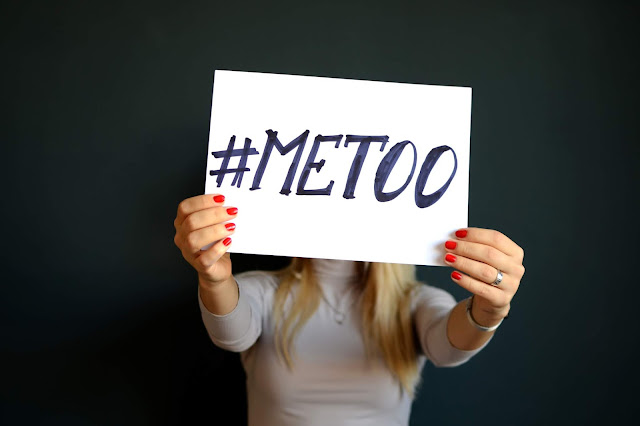A troubling trend regarding FOIA requests

Photo by Roman Kraft on Unsplash By Deron Snyder Regardless of your political orientation – red, blue, or polka-dot – all of us can agree with the tagline recently adopted by a major newspaper: “Democracy Dies in Darkness.” None of us should feel so comfortable with our elected officials – whether they received our support or opposition – that we put blind faith in their leadership. History has been unkind to societies that did not have checks and balances to keep their leaders in line. James Madison was absolutely correct when he said a democratic government that withheld information from the people would be “the prologue to a farce or tragedy” (Carsti & Davie, 2018, p. 667) . Lord John Acton, a noted English historian, put it this way: “Power tends to corrupt, and absolute power corrupts absolutely.” Even the best men and women with the most altruistic intentions need to be monitored and held accountable, just in case base impulses begin to take root. H...




